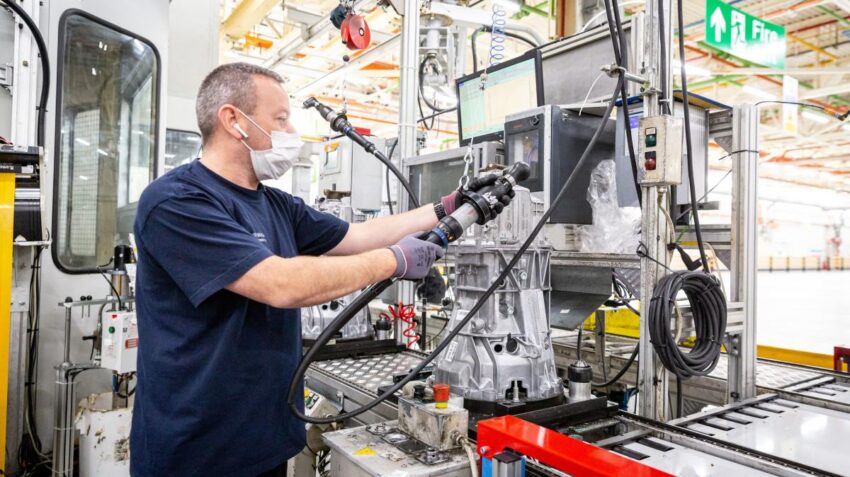Britain’s first lithium refinery is to be built on Teesside in an effort to boost the UK’s electric car supply chain despite uncertainty over the future of the industry.
Green Lithium, which is backed by the commodities trading giant Trafigura, will build a £600m refinery for the battery material at PD Ports’ Teesport, the UK’s fifth-largest port.
The project’s backers aim to create 1,000 jobs during the construction phase and enough lithium hydroxide for 1m electric vehicles each year when the plant is complete.
The move comes as confidence in plans to make the north-east of England a hub for green jobs and the electric vehicle industry has been shaken by the travails of Britishvolt.
The battery company, which planned to develop a £3.8bn “gigafactory”, last week secured five weeks of emergency funding from the commodities giant Glencore after preparing to appoint administrators.
The government hopes to strengthen the supply chain for electric vehicles, before a ban on the sale of new petrol and diesel cars in 2030.
Lithium is an essential component for batteries and is one of a number of “critical minerals” used in technology from mobile phones to wind turbines.
Ministers have expressed concerns about the vulnerability of the supply chains for critical minerals, notably those supplied from China amid deteriorating political relations between China and the US and UK in recent years.
Countries from the UK to the US are trying to develop indigenous sources of minerals used in batteries, including Cornish Lithium in Redruth.
Pure lithium is not found in nature, so it is refined by evaporating liquid brines rich in lithium or extracted from hard rock carrying lithium-bearing minerals.
Almost 90% of the world’s lithium processing takes place in east Asia. Green Lithium plans to use a “low energy process” with renewable electricity and make the plant capable of using hydrogen and capturing carbon emissions.
Green Lithium said the refining process at Teesside will have a carbon footprint “80% lower than the traditional processes currently used internationally”.
The company plans to formally commission the plant in 2025 and it will take three years to build, ultimately creating 250 permanent jobs.
The plant will cost £600m to build. The project received £600,000 in government funding in April 2021 and separate discussions on state support for the planning phase are ongoing.
The business secretary, Grant Shapps, visited the site on Monday. He said: “We’re backing companies, like Green Lithium here in Teesside, to grow the new green industries across the UK, sparking jobs and growth for decades to come.”
Shapps said the government was moving to “secure our supply chains of critical minerals. We know that geopolitical threats and global events beyond our control can severely impact the supply of key components that could delay the rollout of electric vehicles in the UK.”
Claire Blanchelande, the head of lithium at Trafigura, said: “Green Lithium’s refinery will be one of the few ready by the middle of this decade when we see demand for electric vehicles picking up in a very significant way in the UK and Europe.”
In June, Trafigura posted record first-half profits of $2.7bn (£2.4bn) after Russia’s invasion of Ukraine led to huge volatility in commodities markets.


